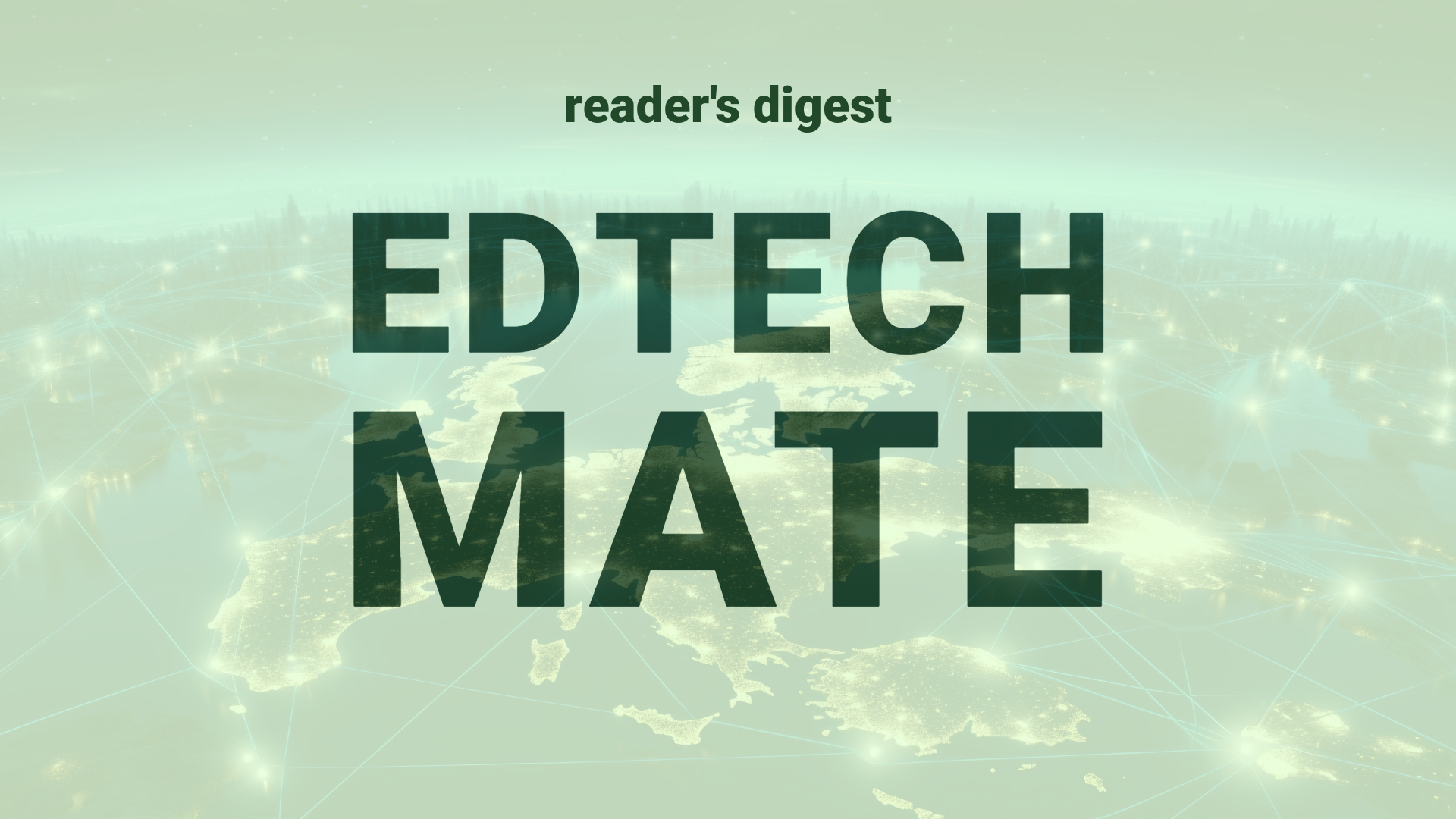Executive Summary and Main Points
In recent developments, Chief Data Officers (CDOs) are encountering a multitude of challenges, primary among which are ensuring responsible data management in complex regulatory landscapes and readying data infrastructure for burgeoning AI endeavors. The obscurity of the CDO’s role within the organization further compounds these pressures, as does the need to demonstrate the strategic value of data itself. It is observed that CDOs often juggle duties between technology and business objectives, stressing the importance of data governance, mining, and analysis. The function has expanded beyond compliance to include deriving business advantage from well-curated data assets.
Potential Impact in the Education Sector
The dynamics addressed in the industry will undoubtedly sway the Further Education and Higher Education landscape, particularly as educational institutions pivot towards leveraging data for operational excellence and enhanced learning outcomes. Institutions are likely to place a greater emphasis on data quality for AI-driven educational tools and learning analytics. For Micro-credentials, the precision and sophistication of datasets can refine personalization and validation processes. Strategic partnerships between educational entities and technology providers will become pivotal in cultivating sophisticated data ecosystems that align with AI requirements and regulatory compliance.
Potential Applicability in the Education Sector
AI and digital tools offer transformative opportunities in global education systems. AI-driven analytics can help tailor student experiences and pedagogical approaches, catering to diverse learning needs. Similarly, data mining techniques could uncover new insights into student performance and engagement, thereby guiding institutional strategies. The intersection of AI and Big Data promises robust frameworks for predictive modeling, which can inform curriculum development and contribute to the proactive identification of students’ support needs.
Criticism and Potential Shortfalls
Critically, the influx of AI and data-centric strategies may encounter resistance due to misunderstanding of the CDO’s role or a perceived threat to traditional educational workflows. Ethical considerations concerning student data privacy, consent, and the risk of biased algorithms must be addressed. Additionally, cultural implications of such technology play a role in its acceptance and efficacy—a point illustrated by the diverse global responses to educational technology adoption. Comparative international case studies reveal variances in success, tied often to institutional readiness and societal norms.
Actionable Recommendations
To exploit these technological advancements, international education leadership should consider delineating a clear CDO role within educational institutions, fostering a culture that appreciates the strategic value of data. Capacity-building initiatives to enhance staff data literacy, coupled with robust data governance frameworks, are recommended. Collaborations with tech partners should strive for tailored solutions that respect each educational system’s unique context. Finally, prioritizing the ethical use of student data, with transparent policies and inclusive practices, will be paramount in the successful integration of these tools.
Source article: https://www.cio.com/article/2098652/cdos-biggest-problem-getting-colleagues-to-understand-their-role.html

